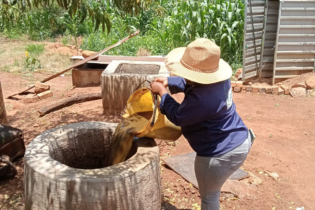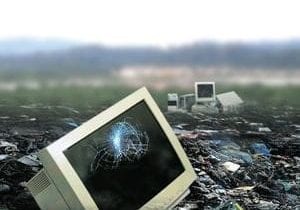By Stacey Davidson, Director of the Recycling and Economic Development Initiative of South Africa (Redisa)
South Africa produces 108 million tonnes of waste per year. Ninety percent of that waste ends up in landfills, 44% is unclassified waste while 50% is general waste. Scarily, only 10% of that waste is currently recycled. As our population grows, so does the waste generated. The increase of waste generated highlights the inadequate nature of existing waste management services – leading to an increasingly polluted environment in which South African’s are forced to live. Growing environmental deficit We are creating an environmental debt that our children, and grandchildren will need to pay. Just as you wouldn’t buy a car and expect your children, or grandchildren, to finance it, this debt isn’t fair. But the question remains, what can we do about it?At REDISA we have already developed a solution for this in the tyre industry, through a circular economy approach, there nothing goes to waste and reliance on natural resources in significantly reduced.
REDISA has since its inception stood on the foundation that we can turn our waste into worth, that everything we use still maintains its value and that waste can be organised to produce jobs for thousands of people as well as substantially reduce carbon emissions into the atmosphere. Stimulating the recycling industry While REDISA’s core role is to create job opportunities and support SMMEs, it does so by cleaning up the environment of waste tyres through the development of a new tyre recycling industry. The REDISA model is working: tyre manufacturers and importers are taking responsibility for their waste; unemployed people are finding gainful employment, SMMEs are being developed and supported by the REDISA Plan, and the environmental disaster that waste tyres represent is being economically and effectively addressed. Our natural resources play a key role in ensuring social, environmental and economic sustainability, strengthening food security, addressing climate change, helping the poor to gain meaningful employment and ensuring growth and progress in our country. Looking at consumer products further than the end of their accepted lifecycle, and re-introducing them back into the economy will go a long way towards reducing our reliance on fossil fuels for new product development.






